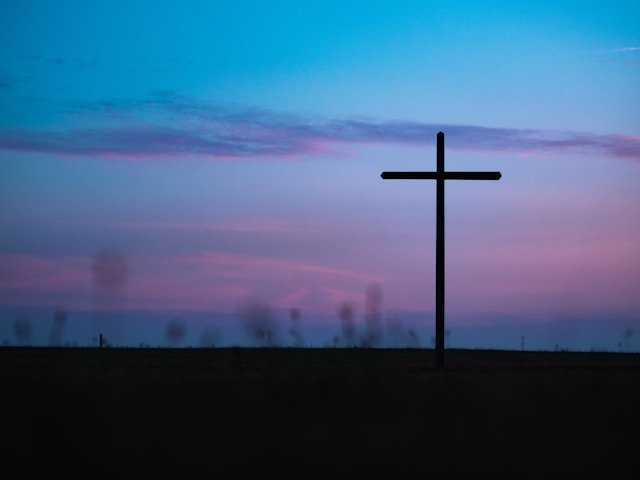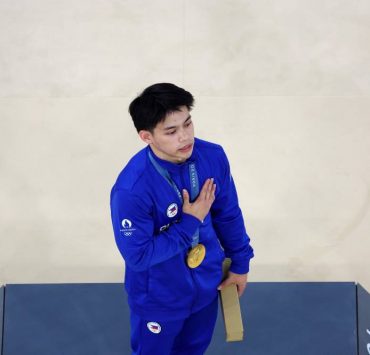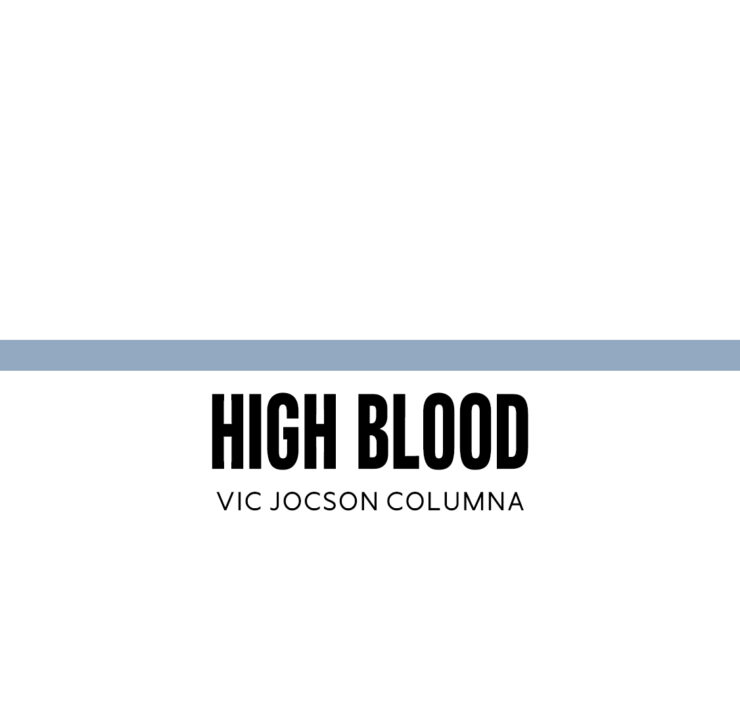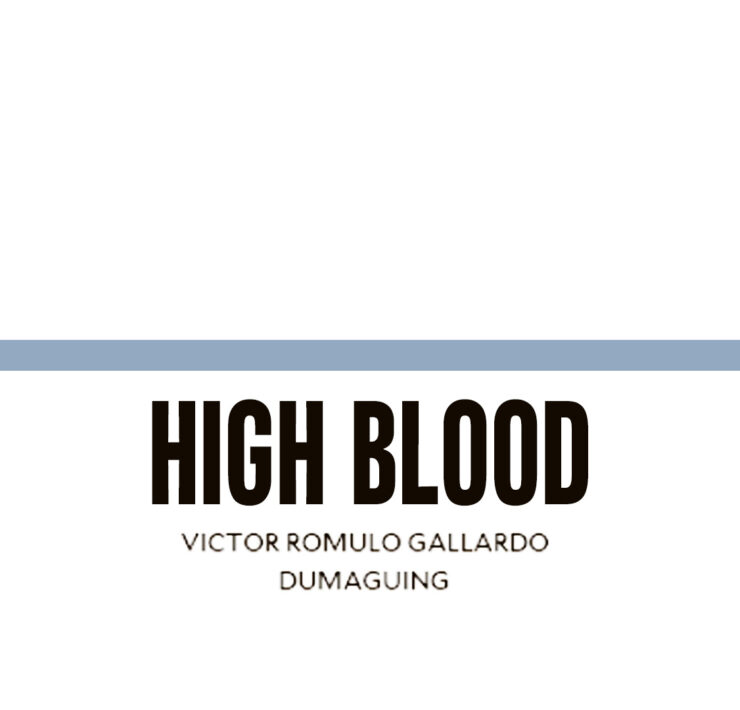Old man river

My dream of you jolted me awake, just as it often does nowadays. I searched for a reason and realized that it’s the Hungry Ghost Month, when the deceased are believed to visit the living. Everybody is hungry, everybody is dying—for love, to be loved—even the dead. Though this hunger cannot for now be sated, tomorrow is promised us, the vision of paradise is ever there before us.
I find it strange that an old man such as myself should still be thinking about his father at this time, at my age, and that someone who’d gone a long while back on the road to eternity should be recalled by someone about to tread the same road soon. The truth of the matter is that I miss my old man, seeing him in myself as I see my image in the mirror, and in the way I walk and talk.
You’d comb my hair, button my shirt, and bring me to school yourself, those first days of kindergarten. You fetched me as a storm was raging and carried me on your back while you waded in the dirty floodwaters. You bought me toys and things that made me feel I was your special child. You taught me to write Chinese characters in the beautiful way you did. How you loved me then!
But something happened—I grew up and you grew old. The world turned and turned in the crazy topsy-turvy way it always does. I changed and we drifted apart. The casualty, alas, was that strange forgotten thing we, the living, call love.
This river meandered every which way but right, overflowed its banks and gushed swiftly like a waterfall, swelling like a tidal wave only to seep into the desert to meet the company of vipers and scorpions. It slunk and slid into the fitful sleep of a dismal swamp. When I came to, when I broke free of my madness, it was too late. You were gone, you passed on. I was never able to tell you the one thing you wanted to hear.
I love you, dear father. What’s painful is realizing that there’s no way to let you know this, now that we’re separated by a barrier that cannot be breached nor crossed. I recall an old Native American proverb that says, “No river can return to its source, yet all rivers must have a beginning.” You are my beginning, and I can return to you at will and at whim—by means of memories, by way of remembering you. This is why I dream of you often: because I wish it and I want it—to return to my beginning and my source.
If you should read what I’ve written this wet morning of a stormy day, I hope you’d realize how much I miss you. You did not fail as a father. I was just a rascal and a fool. But I’ve changed so much I myself couldn’t recognize what I started as. I have been good, and done many good deeds to a good number of people. I remember the stories you told me, those distant mornings of love we spent together. Those stories were to dye and color each droplet of the waves that turned into my river wild.
I was an unruly white-water river in my youth but, by the grace of God, found direction, purpose, and meaning in the noble profession of teaching. You are an intrinsic and integral part of how I came to be by how you lived your life—good, honest, and clean—and I took your teachings to heart, hoping I’d be able to leave a legacy of my own, molded and patterned after yours.
I am here at the quay, awaiting embarkation, assailed by mixed feelings, the bitter and the sweet juxtaposing. I ask myself: Where did the clear waters of your brook take you? Where did your river go? Why did you roam and wander so much you got lost and mired in a desolate state of rue and regret?
I can already hear the sounds of the sea, the sea that is God—my Maker and Creator, my beginning and my end, my salvation—where my fetid muddy waters will at last be filtered, washed, and cleaned, drop by sinful drop. I believe in the possible redemption of human nature. There is hope. Always, there is hope.
—————-
Antonio Calipjo Go, grown old but not necessarily wise, wants to share the story of his long journey from the mountains to the sea.





















